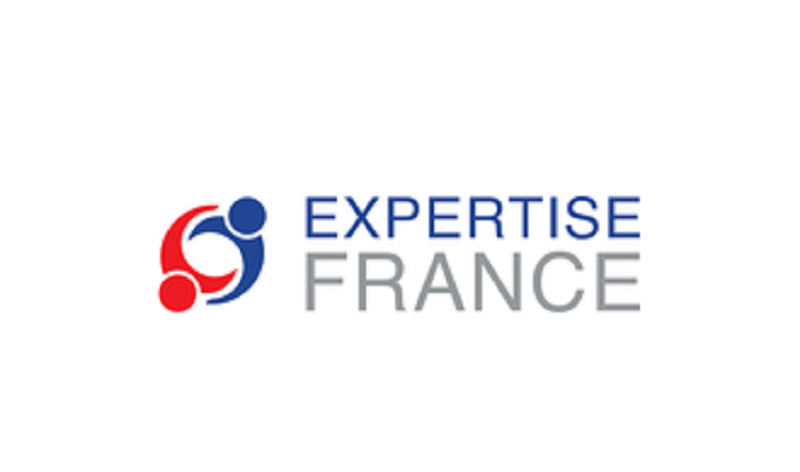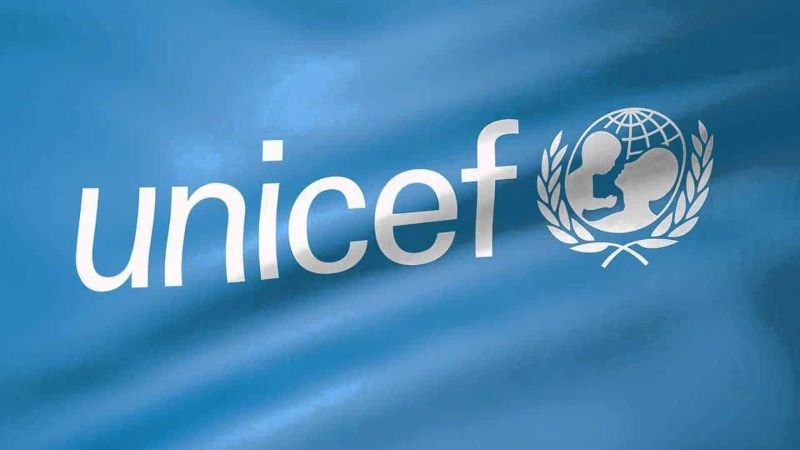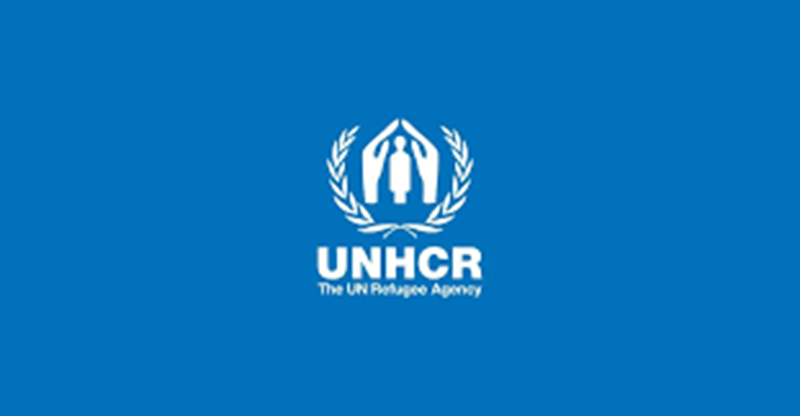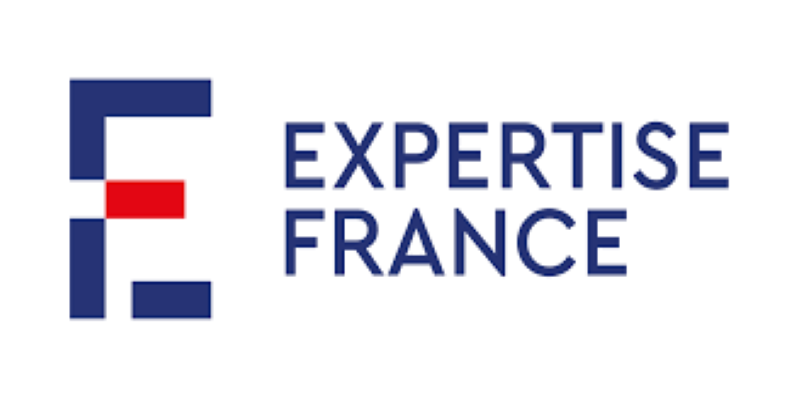Expertise France est l’agence publique de conception et de mise en œuvre de projets internationaux de coopération technique. L’agence intervient autour de quatre axes prioritaires :
- gouvernance démocratique, économique et financière ;
- paix, stabilité et sécurité ;
- climat, agriculture et développement durable ;
- santé et développement humain.
Dans ces domaines, Expertise France assure des missions d’ingénierie et de mise en œuvre de projets de renforcement des capacités, mobilise de l’expertise technique et joue un rôle d’ensemblier de projets faisant intervenir de l’expertise publique et des savoir-faire privés.
Description de la mission
DESCRIPTION OF THE CONSULTANCY
Objective of the Consultance
The objective is to conduct a pre-feasibility study for the Sustainable Cities – phase 1 project.
More specifically, the specifics objectives of this mission are to:
- Provide EF with a with a better overview of the situation and the context and on urban planning framework in Ghana;
- Analyse issues regarding (i) climate change adaptation and mitigation; (ii) gender in urban development policies or documents; and (iii) use of Digital technologies in urban services;
- Formulate 1st recommendations for the project.
Nature of the services requested
PHASE 1: Diagnosis
The Consultant will be in charge of :
- Identify and consult with key partners and stakeholders (authorities, civil society private sector, technical and financial partners, etc.) on the urban development;
- Carry out a literature review regarding legislation, strategies, policies on urban planning in Ghana and identify potential links with the project ;
- Map urban documents, projects/initiatives already underway or to come in the near future in the 5/6 cities in the Northern Regions;
- Propose orientations to favour synergies (especially with other EU funded projects and ensure that there will be no overlapping;
PHASE 2: Recommendation
Based on the Concept note and the diagnosis conducted in Phase 1, the Consultant will:
- Support the EF team in the development of the theory of change and the logical framework ;
- Recommendations, including results and description of the activities, to enrich the project document;
- Conduct a short gender analysis to provide recommendation to add gender in the project ;
- Conduct a description of the sustainability of the action and how to assure an ownership of the project by the stakeholders.
In his/her technical proposal, the Consultant can also propose any other information that s/he thinks is important to achieve the objective of this mission and include them in his/her technical offer.
The methodology should include at least one mission in Ghana (Accra but also in the 5 regional capitals in the Northern regions). This mission wiil be organised and carried out with EF team (iInterviews with resource persons, meetings with project beneficiairies and partners, workshops, etc.).
- Deliverables
The following deliverables will be expected from the consultant :
- Stakeholder analysis in the form of actor mapping ; assessment of their needs, interests and possible contribution to the project;
- Theory of Change and a proposed logical framework;
- Detail of the activities and indicative timetable of proposed activities, reflecting the comments received during the presentation of the results of the mission.
Description du projet ou contexte
- Context
Ghana is one of the most stable democracies in West Africa, with above-average economic growth, especially in its southern part. Ghana has been a privileged partner of the EU for its political stability and rule of law, for its conducive business environment and security, and for its multilateralism.
Macro economy
Ghana’s rapid growth was halted by the COVID-19 pandemic, and a sharp decline in commodity exports. The economic slowdown had a considerable impact on households. The poverty rate is estimated to have slightly increased from 25 percent in 2019 to 25.5 percent in 2020.
The country is currently facing a high risk of overall and external debt distress, adding to worrisome developments on the fiscal and monetary sides. In an unfavourable international context, dominated by the war following the invasion of Ukraina, the macroeconomic imbalances could have significant political and economic consequences, also for the EU – Ghana partnership, and in particular in the area of investments and infrastructure. In this context, the existence and implementation of strategies to increase domestic revenue mobilization and improve the fiscal autonomy of local authorities will be even more essential.
Security and regional disparities
Although Ghana has featured in the last two decades a dynamic economy with a GDP growth above 5%, the wealth distribution has been uneven. Economic growth has not been fully inclusive and has led to increased inequality, mainly between the richer south and the poorer north of the country, feeding insecurity and violence, particularly in the latter regions. The country shows significant development gaps, underlined by a lack of services and infrastructures, and a poverty rate doubled in the northern regions.
In recent years Ghana experienced a rise of radicalisation and violence, notably in the northern regions, including local conflicts related to land tenure, chieftaincy and religious disputes. The spill-over of the terrorism from Burkina Faso remains one of the most serious concerns for the authorities, which have decided to strengthen collaboration with armed forces and law enforcement agencies of neighbouring countries, in the framework of the “Accra Initiative”.
Geographical disparities have led to north-south migration for economic reasons (livelihoods, lack of jobs and resources) but also environmental (notably the effects of climate change), social, political and more recently stability and security. As a response to the current situation, the EU – Ghana partnership will focus in the coming years on the northern regions of Ghana, thus reinforcing an approach already partially implemented under the 11th EDF. The new actions under preparation will seek complementarity with ongoing actions.
Decentralisation
In line with Ghana’s commitment to decentralisation (1993 Local Governance Act), the country has seen its number of districts more than doubling (currently 261) since 2000. Unfortunately, the reforms to confer a sufficient level of autonomy to the Metropolitan, Municipal and District Assemblies (MMDAs), along with appropriate capacities to provide services, are slow to materialize locally. In particular, fiscal decentralisation remains limited, with most MMDAs unable to exercise genuine expenditure autonomy. This is reflected in their heavy dependence on the District Assemblies Common Fund (DACF) due to their inability to generate sufficient internally generated revenue.
Further key challenges remain embedded in the systemic and institutional deficiencies, such as yet unclear patterns of devolution processes, local governments remaining chronically underfunded and understaffed, local administrations demonstrating low capacities to undertake their tasks and, at times, blurred division of responsibilities in crucial sectors between different administrative levels and bodies.
State of urbanisation
With a total population of 30.4 million people in 2019 and more than 55% living in cities, Ghana has a dense network of urban areas mostly concentrated along the Atlantic coast and in the Ashanti Region. The urban network of Northern regions of the country represents though an opportunity to balance spatial distribution of urbanisation and development across the country.
The country is halfway through urbanisation, and has benefited from an urban economic network more advanced than other countries in West Africa. While the first period of urbanisation has generated dividends in job creation and opportunities, improved living conditions and reduced poverty for many Ghanaians, the country now faces the challenges of economic efficiency and social inclusion within its urban areas, where globally basic services are still lacking. In addition, unplanned spatial expansion of urban and metropolitan areas and their limited connectivity within and across Ghana’s cities is a challenge, increasing social and environmental costs, unequal and inadequate access to basic services, health risks and ecological damages.
Urban policy framework
Several laws and policies have a direct impact on decentralisation and on functioning of the MMDAs. In parallel, three interrelated policies are governing the development and management of cities: (i) the National Urban Policy (2012), (ii) the National Housing Policy (2012) and (iii) the National Spatial Development Framework (2015). However, despite the comprehensive legal framework, local authorities and cities are still struggling to gain their technical and financial autonomy, and their resources remain too limited to face the current challenges.
The effective implementation of these policies largely depends on the institutional, technical and financial reinforcement of “decentralized entities”. One of the remaining obstacles for institutional coordination and local capacity building is the relative obsolescence of administrative boundaries that define municipalities (and urban, rural settlements generally). Operational implementation is still lacking at the local (MMDA) level because of lack of capacity, lack of anticipation in land acquisition by local governments and poor integration of strategies in local plans.
Demographic growth
A projection shows that the population of Africa will nearly double in size by 2050 and could quadruple by the end of the century. Globally, the number of urban dwellers is growing by two per cent a year and the figure is four per cent in Sub-Saharan Africa. With this trend, the number of people in the region’s cities will double within two decades.
Since 1984, Ghana’s urban population has quadrupled. The three most populous cities, Accra, Kumasi and Sekondi-Takoradi, account for almost a fifth of the country’s population. This development has initially coincided with rapid GDP growth and decreasing poverty. However, this trend has inversed throughout last decade, in particular in the urban centres of the northern half of Ghana. Recent reports (UNICEF 2019) revealed for the first time that health conditions of newly born babies in rural areas are on average better than in the cities. This is only one aspect of the large range of alarming challenges posed by climate change, economic transformation and demographic shifts, with government and city mayors facing increasing pressure to find sustainable solutions.
Gender and inclusiveness
Social norms in Ghana identify men as property holders and economic decision-makers. Women are caretaker. This is even more visible in Northern Ghana. Limited responsiveness to gender-based violence limit women’s rights and ability to participate in and benefit from economic activities. Consequently, women’s economic activities are predominantly in vulnerable employment, concentrated in low-wage jobs, and unpaid labour.
There are no laws in Ghana prohibiting women from opening bank accounts or taking out loans in their own name, but only a third of women report having a formal bank account in the country. In the past years, the opportunity of digital financial services (DFS) has supported a lot of low-income female customers, as it reduces the time and costs to make financial transactions and improve the security of those transactions. DFS are an increasing factor of poverty reduction, and savings and entrepreneurship are the two pillars for women financial empowerment in Ghana. However, the impact of the e-levy introduced by the Government (tax applied on transactions made on electronic or digital platforms) has yet to be fully analysed.
Women in Northern Ghana face not only limited access to financial services and business training to start and grow businesses, but also limited access and control over productive resources including land. Owning land in Northern Ghana is crucial for empowerment. Due to patrilineal inheritance systems, women primarily access land through their husbands or by renting land from other men in the community. Again, there are currently no laws impeding women’s access to the land registry, but discrimination in customs and women lacking knowledge of the laws prevent them from participating fully.
The programme
The Overall Objective of this action is to improve urban prosperity for all.
The Specifics Objectives of this action are to:
- Improve governance and implementation of urban policies;
- Increase accessibility to quality urban services and accountability of local authorities;
- Reduce management costs and foster revenue mobilisation.
The Outputs to be delivered by this action contributing to the corresponding Specific Objectives are:
- contributing to Outcome 1 (SO1): Participative and multi-sectoral coordination and monitoring of urban development and policies is improved and integrated into all administrative levels
- contributing to Outcome 1 (SO1): Applied research in urban and regional development is strengthened
- contributing to Outcome 2 (SO2): Capacities at central and decentralized levels are strengthened, to provide more sustainable and economically viable municipal services to the population
- contributing to Outcome 2 (SO2): Urban planning framework, related tools and capacities for implementation are available at the MMDAs’ level
- contributing to Outcome 3 (SO3): Strategies to identify and improve collection of domestic revenues are developed and implemented
- contributing to Outcome 3 (SO3): Digital technologies are mainstreamed in urban services, to facilitate delivery and management of urban services
- Implementation approach
Entrusted with the design and implementation of international technical cooperation projects, EF works on the ground to develop innovative solutions that meet partners’ needs and donors’ expectations. Built upon skill transfer and peer dialogue, EF’s actions have one goal: to advise and support partner countries in strengthening their public policies.
In this specific project focusing on sustainable and inclusive cities, EF would pursue the following actions in order to achieve the overall objective of improving urban prosperity for all:
- Encourage dialogue and cooperation at local and national levels (including women associations or youth groups) and make sure that national and local authorities, civil society and other relevant actors participate in policy dialogues, and help define priorities for urban development ;
- Structurally improve urban governance by strengthening the capacity of central and local governments to coordinate, design and implement urban policies, planning and regulation ;
- Improve accessibility and consistency in urban data collection and monitoring and implement research projects;
- Identify and disseminate successful and tested solutions, particularly regarding the inclusion of youth, women and also people with disabilities;
- Facilitate further concrete investments in cities (AAP 2024).
According to the Action Document elaborated by the EU delegation, a focus could be made on 5 or 6 cities in Northern regions. Ghana has seen a persistent and increasing spatial inequality. The spatial inequities reflect both ecological conditions, disparities in service delivery and infrastructures. Obviously, the rise in inequalities is a risk factor which could compromise earlier progress in poverty reduction, increase health risks and ecological damages and weaken social cohesion.
Profil souhaité
An expert in governance and urban development, local and territorial planning.
Experience :
- 10 to 15 years of experience in the field of international cooperation, with proven expertise in the field of urban planning, development of urban services;
- Proven experience in supporting the design of EU-funded projects;
- Strong experience advising public autorities in the sustainable urban planning and implementation of urban services (accessibility, accountability, management of urban services (Public Private Partnership for example);
- Proven experience in decentralization/deconcentration issues, coordination mechanisms between local and national authorities, capacities building;
Qualification and skills :
- Knowledge of the Ghanaian context is mandatory;
- Excellent knowledge of mitigation and adaptation infrastructures projects, smart solutions in urban services management;
- Full professional proficiency in English and French;
- Excellent analytical and writing skills.
Informations complémentaires
DURATION AND INDICATIVE SCHEDULE
The consultancy will begin in May 2023 for a final delivery by the end of September 2023.
A detailed work plan will be developed by the Consultant and EF at the beginning of the mission to agree on milestones, deliverables and working modalities for each step of the process (remote/field). The Consultancy will take place remotely, but the expert(s) will have to plan at least one mission in Ghana.
Indicative schedule of Consultancy and of the deliverables:
| Publication of the call for proposal | 11 April 2023 |
| Deadline to submit a proposal* | 25 April 2023 |
| Notification of the contract | 28 April 2023 |
| Deliverable 1 – Delivrables – part 1 | 19 May 2023 |
| Missions | May 2023 |
| Deliverable 2 – Delivrables – part 2 | June 2023 |
| Deliverable 3 – Final report | July 2023 |
*Expertise France reserves the right to choose a candidate before this date.
Bid composition:
- A technical offer, including :
- A resume highlighting the skills and experience in line with the required ones (5 pages max) for each expert (including at least 3 references) ;
- A technical offer presenting the Consultant understanding of the mission, the methodology, etc. ;
- A detailed workflow (including number of man-days per activity) ;
- A financial offer.
The indicative fees budget for the realization of this mission is 25 men/day. The total budget will be calculated by summing the expertise cost (excluding taxes) and the additional costs (transportation, small stationary, daily subsistence allowance, etc.) (including taxes if applicable).
Critères de sélection des candidatures
Le processus de sélection des candidats s’opérera selon le(s) critère(s) suivant(s) :
- Formation/compétences/expériences du candidat
- Compétences du candidat en lien avec la mission d’expertise
- Expériences du candidat en lien avec la mission d’expertise
- Connaissances du candidat du contexte local (pays ou région d’intervention)
- Compréhension par le candidat des enjeux du projet de coopération





